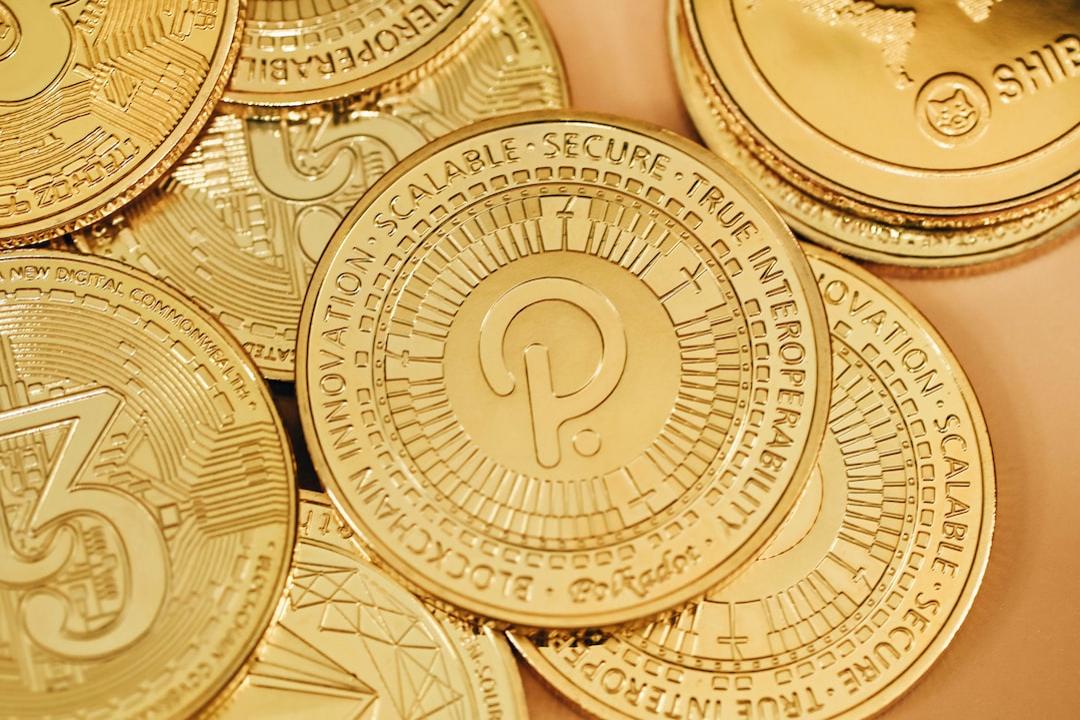Asia’s Growing Cryptocurrency Market: Key Factors
Despite recent price corrections, cryptocurrencies, particularly Bitcoin, remain one of the best-performing assets. This performance is closely tied to the demand for cryptocurrencies in Asia.
For example, Hong Kong recently listed six cryptocurrency ETFs (Exchange-Traded Funds), while the Australian Securities Exchange is expected to approve its first batch of Bitcoin ETFs before the end of the year. Apart from financial products, many Asian countries are driving the growth of the cryptocurrency market through gaming and blockchain technology development.
Most Asian investors in cryptocurrencies are long-term enthusiasts who have experienced multiple market cycles. Some have joined the cryptocurrency market later, from South Korea to Australia. Both small traders and whales have established unique ecosystems. Bloomberg recently analyzed the investment status and trends of the cryptocurrency industry in various Asian countries.
Hong Kong: User Preference for High-Risk Investments
Patrick Pan, CEO of digital asset platform OSL, stated in an interview with Bloomberg that individual investors in Hong Kong like to use leverage in trading and prefer high-risk and alternative investment products such as cryptocurrencies. Additionally, Pan pointed out that these investors are easily influenced by social media and Key Opinion Leaders (KOLs) in the cryptocurrency space.
In fact, Hong Kong only opened up legal investments in cryptocurrencies for individual traders last year and has actively established regulations for cryptocurrency exchanges and related companies. On April 30th this year, six cryptocurrency ETFs were officially listed for trading in Hong Kong, with a trading volume of approximately $11 million on the first day. The Ethereum ETF, in particular, was approved before the United States, marking a historic milestone.
South Korea: Popularity of Altcoins and Blockchain Games
Bloomberg notes that the South Korean Won has recently become the most commonly used currency for cryptocurrency transactions in South Korea, surpassing the US Dollar. According to data from CryptoQuant, altcoins are particularly popular among Korean investors, accounting for 80% of trading volume on Korean exchanges.
Furthermore, many individual investors are fond of blockchain games that use cryptocurrencies or NFTs as asset representations. Charles Pyo, the founder of Web3 product development company AI3, stated that mainstream Korean game companies such as Nexon Games Co. and NCSoft Corp. plan to launch new “play-to-earn” games this year to attract more gamers into the cryptocurrency space.
Japan: Gradual Relaxation of Cryptocurrency Regulations
The Japanese government is actively fostering Web3 companies and gradually relaxing regulations regarding cryptocurrency listings, taxation, and allowing venture capital firms and other investment funds to directly hold cryptocurrencies.
Nomura Holdings, a Japanese financial holding company, and other financial institutions are also expanding the tokenization market for securities in Japan, converting corporate bonds, securitized real estate, and other financial products into tokens.
However, overall, Japanese regulations still lean towards being strict. For example, mutual funds cannot hold cryptocurrencies, including Bitcoin ETFs. Cryptocurrency analysts at Nomura Holdings also pointed out that Japanese financial companies are relatively conservative when it comes to participating in activities such as “cryptocurrency custodial services” because they want to stay away from anything that has not been “clearly” approved by regulatory authorities.
Ji Siyu, a blockchain analyst at Deloitte Japan, remains optimistic about the development of the cryptocurrency industry in Japan. He analyzes that improving legal policies, such as the Stablecoin Bill in Japan, and the abundance of game and entertainment intellectual property have paved a clear path for the development of the cryptocurrency industry in Japan, signaling an imminent explosion in the Japanese blockchain industry.
Australia: User Preference for Ethereum over Bitcoin
Individual investors in Australia have a particular fondness for Ethereum, according to Bloomberg. Some even choose not to invest in Bitcoin at all and instead opt for Ethereum or other cryptocurrencies. According to a survey by cryptocurrency exchange Kraken, Australian users’ crypto wallets hold an average of 59.4% Ethereum and 17.7% Bitcoin, showing a significant disparity compared to the global average.
An Australian trader interviewed by Bloomberg explained that they prefer Ethereum because its price increase is not as drastic as Bitcoin’s, making it more stable. Additionally, many altcoins are deployed on the Ethereum blockchain, making its ecosystem more robust.
Sources:
CoinDesk, Bloomberg, CNBC

